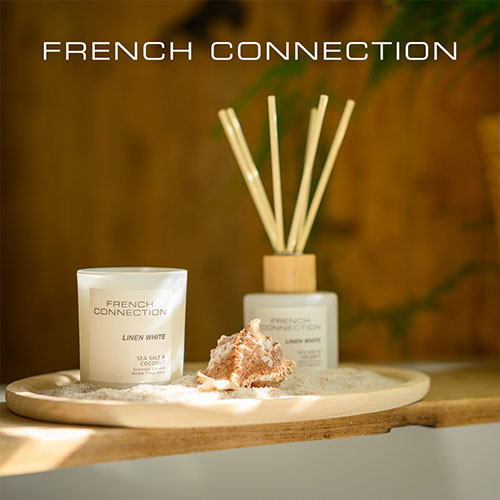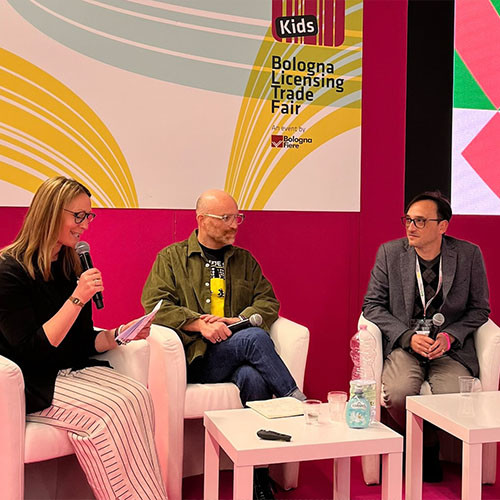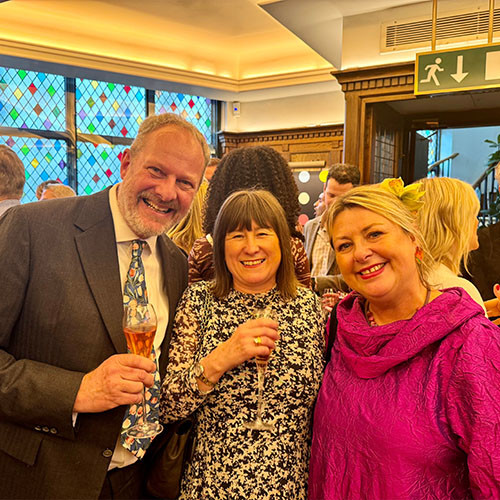Start Licensing’s Ian Downes ventures to Covent Garden this week to see how retail – and licensed products – are faring in that area of London.
I ventured into the Covent Garden area of London’s West End last week. It gave me time to reflect on what is happening in the retail market at the moment and how things are shaping up.
There was some cause for concern in and around Covent Garden as I spotted a lot of empty shop units. Villiers Street, which runs behind Charing Cross station linking Embankment tube with the Strand, has traditionally been the home of cafés, restaurants and convenience stores serving the office workers who in ordinary times populate the office blocks that surround the area. Lots of these units were closed and empty.
Elsewhere there were a number of retail units that used to house fashion outlets, gift shops and other stores that were empty. It is difficult to see how and when these units will be occupied again, particularly if offices remain closed or workers are working ‘flexi time’. Of course some retail sales have moved online, but for our industry there has to be a concern over the amount of empty retail units at the moment.
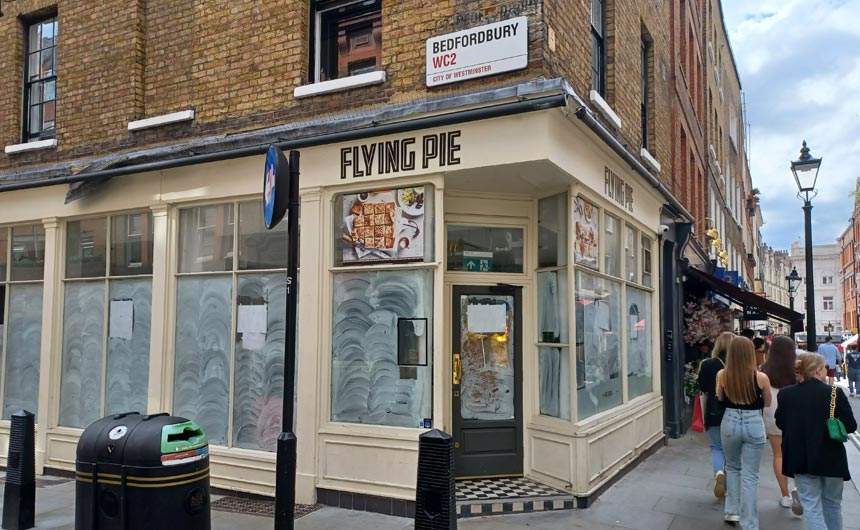
That said the Covent Garden Piazza itself was very busy with people eating and drinking in the many cafés and most shop units seemed to be occupied. It was good to see sites like the London Transport Museum open again – a good sign that things are getting back to normal.
Another sad sight was seeing some of the vibrant West End theatres closed. Some theatres have been opened and playing to reduced capacities while others have remained closed. A number of new productions are gearing up for their openings. For example, Disney’s Frozen is due to open at the Theatre Royal Drury Lane in August. It was nice to see the theatre being painted and spruced up ready for the opening. With so many stages being dark for so long it will be interesting to see long-term how this impacts companies like Disney which has developed a strong portfolio of theatre productions based on classic properties like The Lion King and has made theatre shows part of its overall brand strategy.
Live licensing has been a strong area of growth for licensing. Hopefully longer term this will continue.
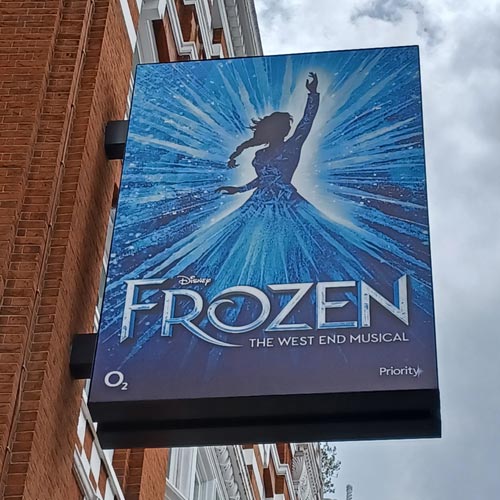
Given the fact that there are clear challenges in the high street, it was reassuring to see some great examples of licensing playing a role in retail this week and gave me food for thought for the future.
Ryman is arguably best known as a stationery retailer servicing the home, student and office markets. Clearly in some locations its office trade would have declined somewhat. But it seems to be a retailer that is very resourceful and has adapted to changing circumstances.
In the Waterloo store it had two licensed items front and centre in the window displays. One being a 2 in 1 Range Rover Suitcase and Ride On and the other SLUSH PUPPiE Machine. Both products were being sold with special price offers – in the case of the case at less than half price. These prices will present a challenge for suppliers and arguably may not be sustainable in the long-term, but I guess they are helping to shift a certain volume of product.
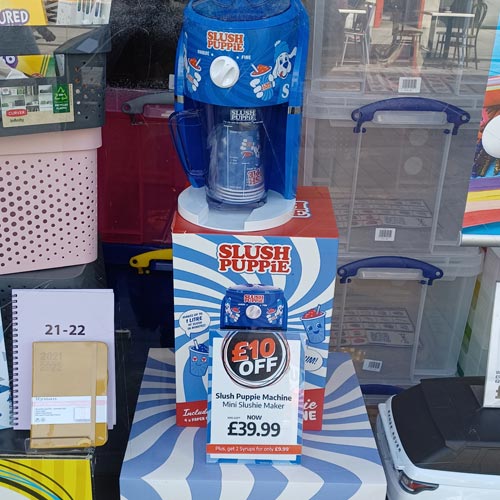
I also felt there was some encouragement we could take from a licensing point of view that a retailer like Ryman is using licensed products so prominently and has recognised the pulling power of licensed products. As noted, there is a concern over the value attributed to these items but there is something to build on in regards to the potential that licensing offers retailers at the moment.
In the Ryman store I visited there wasn’t much other licensed product on sale, but it does carry a range of Crayola products that are all licensed and some of licensed colouring books. Ryman is a retailer that has the potential to carry more licensed products, but I guess it would have to be priced to suit it.
I think we all have to look at new opportunities and ways to sell licensed products in the physical world. With this in mind I think selling in museum and gallery shops is one route to market that has further potential for development and could be a way of helping that sector bounce back.
The London Transport Museum, not unsurprisingly, carries a great range of licensed products that feature Transport for London (TfL) assets. These are blended with the museum’s own products that are only available there.
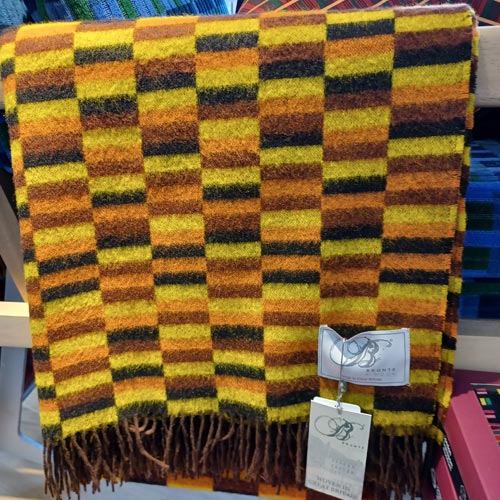
TfL’s licensing programme has always embraced well designed products developed by smaller companies and in some cases design lead companies. A great example of this is a range of scarves featuring the iconic textile patterns from London bus and tube seats.
These scarves, by Bronte by Moon, are sold alongside fabric key rings that feature the same designs. The keyrings are by Matt Ludlow. I presume these suppliers sell these products outwith the museum, but both are good examples of design lead licensing and working with partners that bring fresh ideas to the table. These products help TfL sell products at higher retail prices and move beyond souvenir style product.
Another interesting range in the museum shop was a range of Paddington die-cast vehicles from Corgi and other Paddington licensed products like plush. Tourist numbers are, of course, down at the moment but it makes sense for all parties to have products like these featured in the museum shop. It is a good template for other museum shops and brand owners to think about.
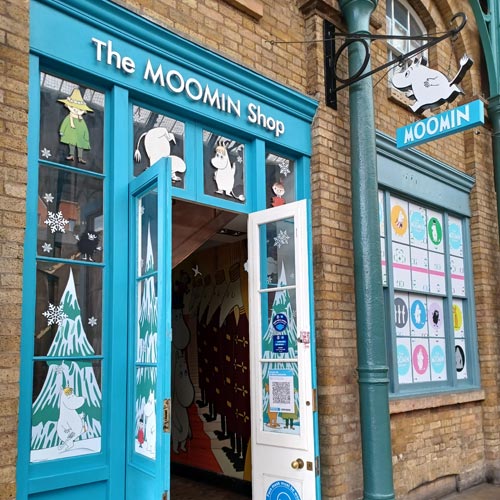
While I didn’t pop in to the shop, it was good to see that the Moomin shop doors were still open. On previous visits to the shop I had noted that it is store that carries a comprehensive range of licensed products and some exclusive lines.
The shop is sited within the Covent Garden Market complex and I presume is a relatively expensive site to operate. It is linked to an ecommerce operation as well, but from a brand point of view the physical store is a great focal point and destination store for fans. But it has to survive as a shop first and foremost.
It was good to see it open and again it is an interesting example for other brand owners to look at. Or indeed shopping centre operators. I think in the context of town centres, shopping malls and complexes, character and brand-themed shops could have a role to play in helping retail recovery. It seems Disney is going the other way with Disney shops closing down, but perhaps smaller scale themed shops could operate successfully, particularly if blended with other events such as costume appearances, craft workshops and exhibitions. But I think these kind of shops would only work if the (rental) price was right.
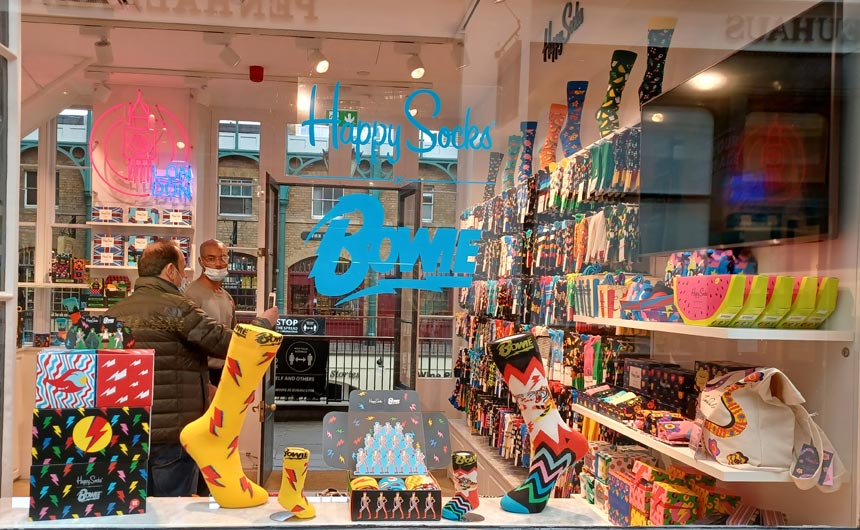
Covent Garden has long been the home of concept stores and a launchpad for many retail brands. This might be the reason that Happy Socks has a store there. Happy Socks has a great track record in licensing and have a number of high profile licences in its portfolio. These include Keith Haring, Andy Warhol and The Beatles. It operates a number of stores in the UK and internationally. Its licensed ranges are sold outwith its own stores, but within the concept stores I am guessing that licensing helps add focus to things, helps create retail events and gives consumers a reason to return.
The Covent Garden shop’s window was given over to the David Bowie range and it made for a very eye-catching display. Happy Socks uses bright and bold colours in its product, coupled with strong iconic design images. It also develops gift box ranges which opens new selling opportunities for socks.
It is good to see licensees developing new formats for products which help develop new channels for sales. I imagine we may see more retail operations like Happy Socks mixing their own concept stores in key locations with supply deals with other retailers coupled with ecommerce. In this scenario stand out licences help and have a role to play.
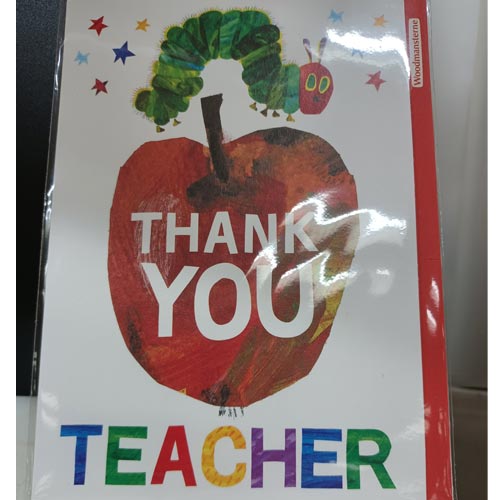
It was also good to see some licensed ranges featuring in a FSDU in WH Smith’s this week. WH Smiths had a FSDU near the greetings card fixture selling ‘Thank You teacher’ cards. As the academic year reaches its conclusion – albeit a year that has been atypical – teachers receive gifts and cards from grateful pupils. Retailers have cottoned on to this trend and have developed themed areas and promotions.
Cardwise I spotted The Very Hungry Caterpillar card and a Happy Jackson one. It is good to see licensing featuring in a relatively new retail opportunity. Again as an industry we need to think more about new and emerging occasions that licensing can feature in, part of this will be creating design assets to suit these occasions.

Another encouraging green shoot of retail and licensing recovery was a promotion I spotted in Robert Dyas. It was a movie-based promotion linked to The Croods 2 film offering the chance to win a ‘Fam Cave Transformation’. With cinemas now open, this should create fresh momentum for film-based promotions and merchandise. It was good to see this promotion featuring so prominently in-store.
Hopefully over the coming weeks there will be more cause for optimism as we move back to a more normal routine, but judging by the empty premises in London it will be a long road to recovery… but it should be one that licensing could and should have a role to play in.
Ian Downes runs Start Licensing, an independent brand licensing agency. His Twitter handle is @startlicensing – he would welcome your suggestions for what to look out for.


















